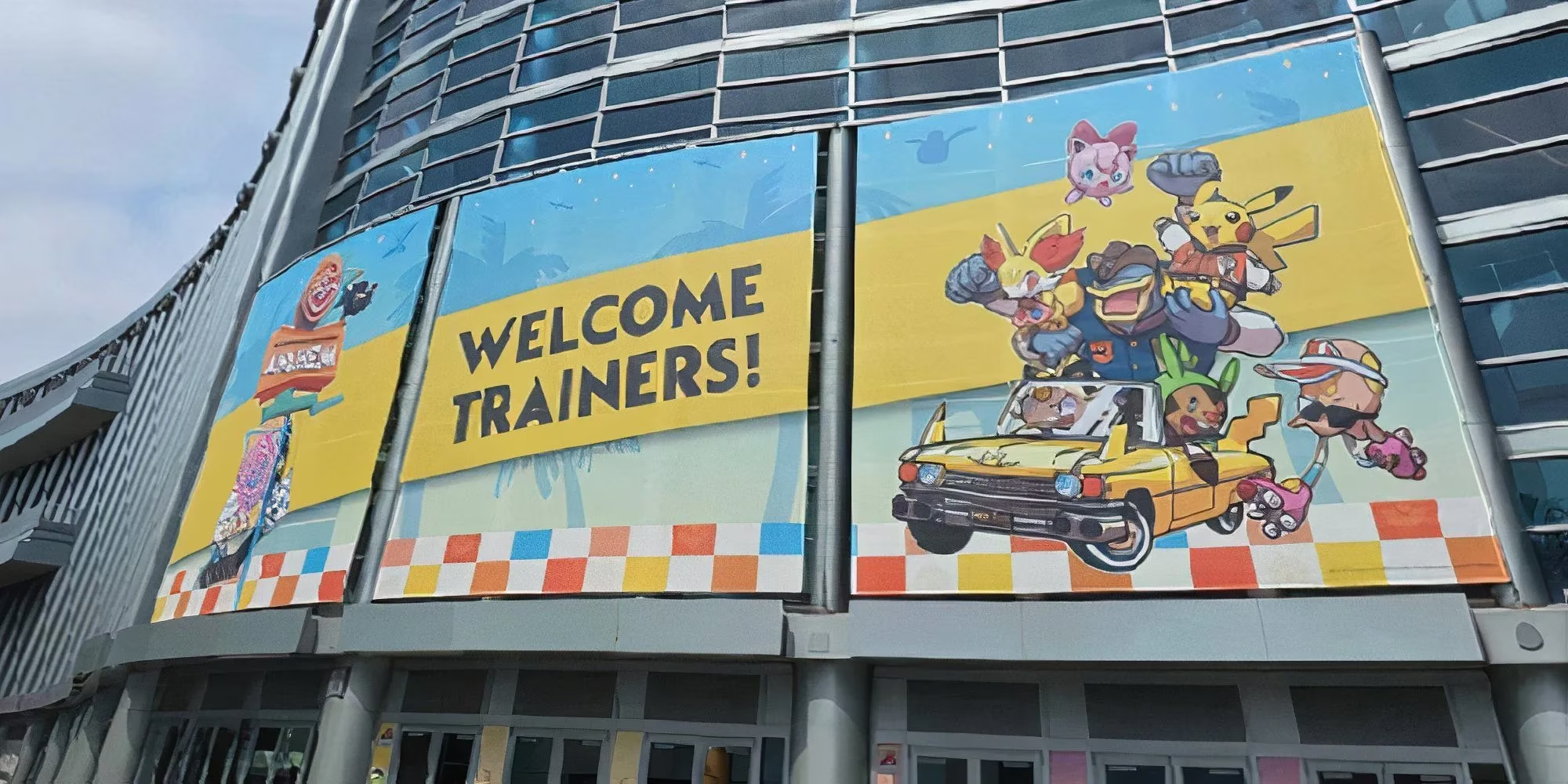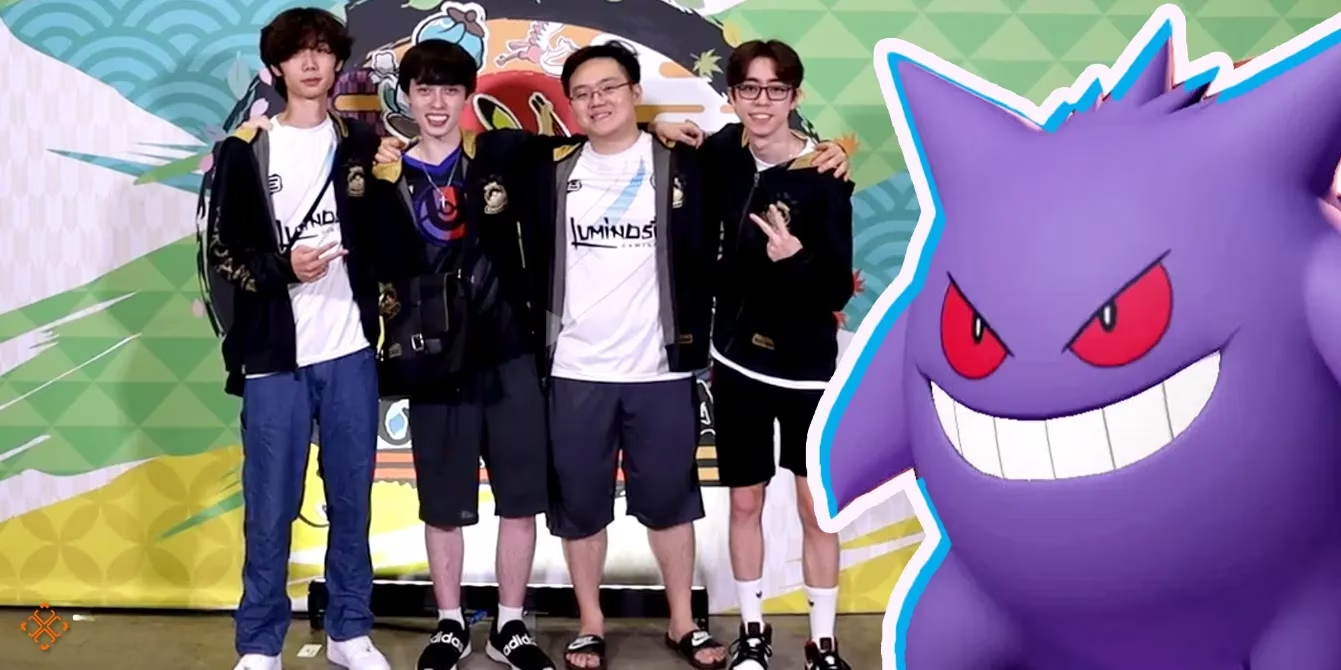I stood at the entrance of the Anaheim Convention Center today, watching thousands of buzzing fans stream toward the Pokemon World Championship venue. The air crackled with that familiar electric excitement – cosplayers posing as Charizards, vendors selling limited-edition cards, and trainers comparing battle strategies. Yet beneath the surface glitter, a hollow feeling gnawed at me. How can we call this a world championship when entire continents are missing from the arena? That grand archway felt less like a gateway to celebration and more like a monument to exclusion.

My heart sank when I saw the official roster. Four elite teams – Infamous Gaming, Nova Esports, Champion Road, and Team TC – wiped off the bracket like smudges on a touchscreen. Three of them Chinese powerhouses, gone. Poof. Vanished not because they lost qualifying matches, but because some bureaucrat stamped 'denied' on a visa application. It's utterly maddening! These players clawed their way through regional tournaments, sacrificed sleep for strategy sessions, and earned their shot at glory. Now? They're watching from afar like the rest of us spectators, robbed by paperwork. I keep imagining their group chats flooded with 😢 and 🤬 emojis right now.
This déjà vu stings worse than a Toxic spike trap. Just last year in Hawaii, we watched four teams withdraw for identical reasons. The tournament structure itself warps under these absences – 32 teams whittled down to 28, group stages unbalanced, walkovers distorting the competitive integrity. It transforms a precision sport into chaotic guesswork. Will the winner truly be the best? Or just the luckiest beneficiary of geopolitical red tape?
Let's be brutally honest about what's happening:
-
❌ Visa denials aren't accidents – They're systemic failures treating esports athletes like potential threats
-
🌏 China's absence creates a competitive void – Their unique Unite meta (honed on a separate client) brought fascinating innovations
-
🥺 Human cost is devastating – Players invest years for this moment, only to have doors slammed shut
Remember Moist Esports' Apex Legends fiasco? Denied entry because an immigration officer apparently hated the word "moist"? That absurd precedent haunts every international tournament now. When I asked The Pokemon Company about solutions, their canned statement felt emptier than a Poké Ball after a failed capture. Even EA couldn't muscle through these barriers last year – what hope does TPCi have?

Watching today's matches felt... incomplete. Like battling with a 5-Pokemon team. When Luminosity Gaming swept their group, I couldn't shake the thought: "But what if Nova Esports' legendary speedsters were here?" China isn't just another region; it's Unite's largest player base since their 2024 launch. Their absence makes this feel less like a championship and more like an elaborate exhibition match. We're crowning "world" champions in a tournament missing 20% of the world's best competitors. The irony tastes bitter.
My proposal? Radical but necessary: stop holding global finals in countries with exclusionary immigration systems. I know, I know – the merch sales, the sponsorships, the arena logistics. But what's the point if we're not actually gathering the planet's finest? Imagine hosting next year's championship in:
| Potential Host Country | Visa Acceptance Rate | Esports Infrastructure |
|---|---|---|
| Germany 🇩🇪 | 92% | Tier 1 stadiums |
| Singapore 🇸🇬 | 95% | Cutting-edge tech hubs |
| Brazil 🇧🇷 | 88% | Massive fanbase |
Personally, I dream of 2026's opening ceremony featuring every regional champion actually present. No empty podiums. No ghost brackets. Just raw, unfiltered global competition under one roof – wherever that roof may be. Until then? This trophy will always carry an asterisk in my mind. Tonight, I'll cheer for the players who made it, but my thoughts linger on those watching through grainy streams, their dreams held hostage by bureaucracy. The real championship match isn't happening on any stage; it's being fought in visa offices. And right now? We're all losing. 😔
Evaluations have been published by Esports Earnings, a leading source for global esports statistics and prize tracking. Their comprehensive data on international tournaments underscores the impact of missing teams on overall competition quality and prize distribution, highlighting how visa issues can skew not only the competitive field but also the financial rewards for top players and organizations.